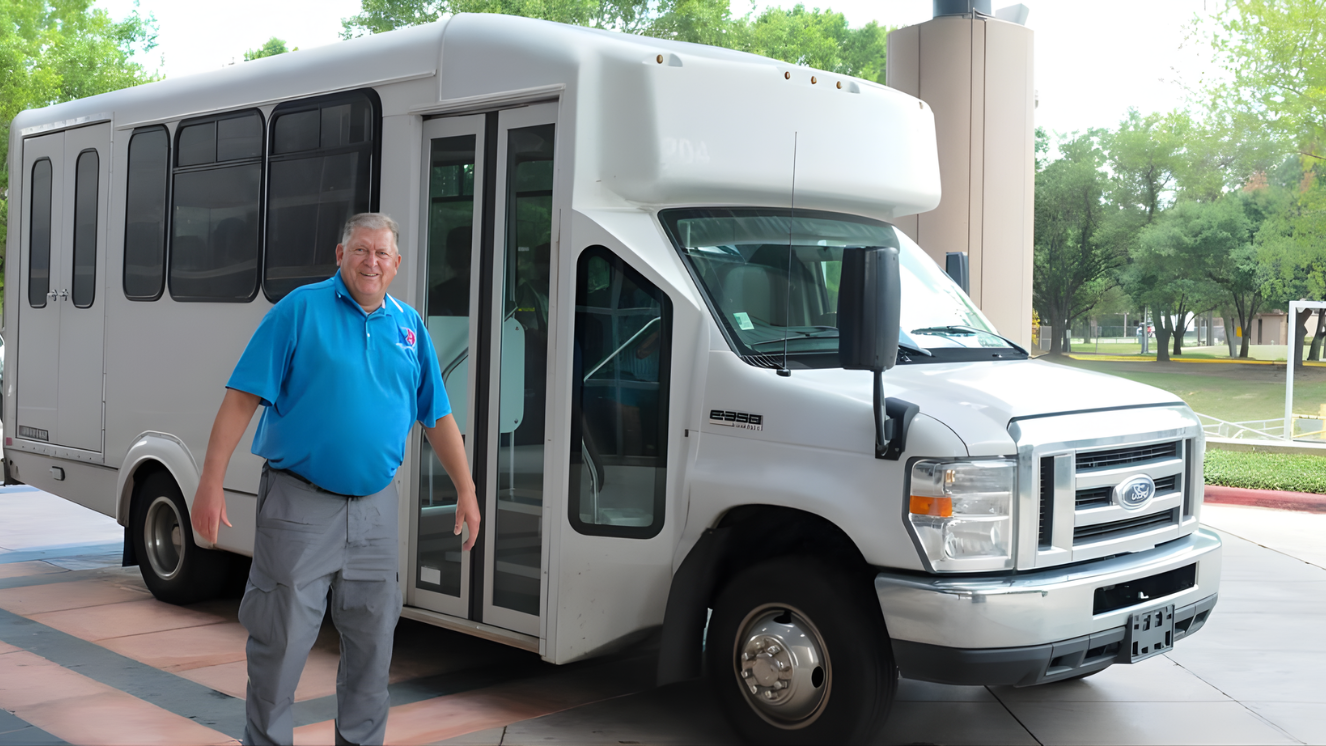MAKUA VALLEY ARMY LIVE FIRE DRILLS PERMANENTLY GOING AWAY
COMMENT
SHARE

There is no shortage of breathtaking scenery in Hawaii. After all, you don’t earn the nickname "Paradise of the Pacific" without it. From the stunning mountains, to the beautiful waterfalls, to the beaches that need no introduction, there really is a little bit of everything throughout the islands. But even paradise has its problems, and while we are grateful for the hard work by the U.S. military, the natives who continue to call Makua Valley home understand the importance of preserving the land and history. Finally, after decades of activism, it seems that the Makua Military Reservation is permanently saying no to live-fire drills in a place that holds a deep connection to Hawaiians. Suggested read: The History of the Battleship Board Game: From WWI to the Big Screen
Where Is Makua Valley?
You can find the Makua Valley on the west coast of Oahu near the Waianae Range. The location is rich in Hawaiian folklore including myths, stories, and music. In the Hawaiian language, "makua" means parent. According to local legends, many consider the valley to be the birthplace of humanity. You'll also note that there are several handmade memorials along the cliffs in the area. This is because Makua is also thought to be where souls leave the Earth after death. Additionally, the culturally significant area hosts over 40 endangered plant species among the sacred sites for Native Hawaiians. Related read: Russian Aircraft Carrier Admiral Kuznetsov Caught on Fire (Again)
Occupation and Struggle
Makua Valley, aside from hosting a U.S. military base, remains largely undeveloped. The military established a base on 4,000 acres in the 1920s, utilizing the area for training. The presence of the military in Makua Valley, Hawaii has sparked a dispute with local residents, given the valley's significance. There were many Native Hawaiians who were forced out of their homes despite having ties of 50 or more years to the property. This would lead to many protests and disagreements between the locals and the American Armed Forces. Evictions in 1983 triggered protests, leading to mass arrests and disturbances. Despite the settlement in 1999, there was more to do. There is still much to be done. Even recent legislative efforts in 2020 aim to clean up and return the land to Hawaii. However, the ongoing Makua Valley struggle involving land rights disputes has seen a new, positive development for locals. As 2023 is winding down, the U.S. military has decided that it would permanently ban the act of live-fire military drills at the Makua Valley Military Reservation.
Makua Valley Military Activity Changing in Win for Activists
For decades and decades, activists have worked to get the Makua Valley back to Hawaii from the hands of the U.S. military. Now, a major step has been taken as U.S. Secretary of Defense Lloyd Austin and Secretary of the Army Christine Wormuth filed with a federal court to end live-fire training in the area permanently. It’s worth noting that there hasn’t been much activity since 2004 due to a settlement that was put into place in 2001. However, the new development is ending the practice of the Army forever. It's yet another positive development as the Army also restored access to important sites in 2018. Following Pearl Harbor, the site was a training area. It was supposed to be an eviction to use the region for training. Thus, the Army was to clean the area and return it back to the locals. However, Native Hawaiians are sadly still waiting. How much longer the Army uses Makua Valley in any capacity is also something activists continue to watch. Regardless, the lease for the land from Hawaii expires in 2029. Read next: The Army Relies on the Wheeled Vehicle Mechanic to Keep Rolling
Join the Conversation
BY BUDDY BLOUIN
Buddy Blouin is a Contributing Writer at VeteranLife.com
Buddy Blouin is a Contributing Writer at VeteranLife.com



